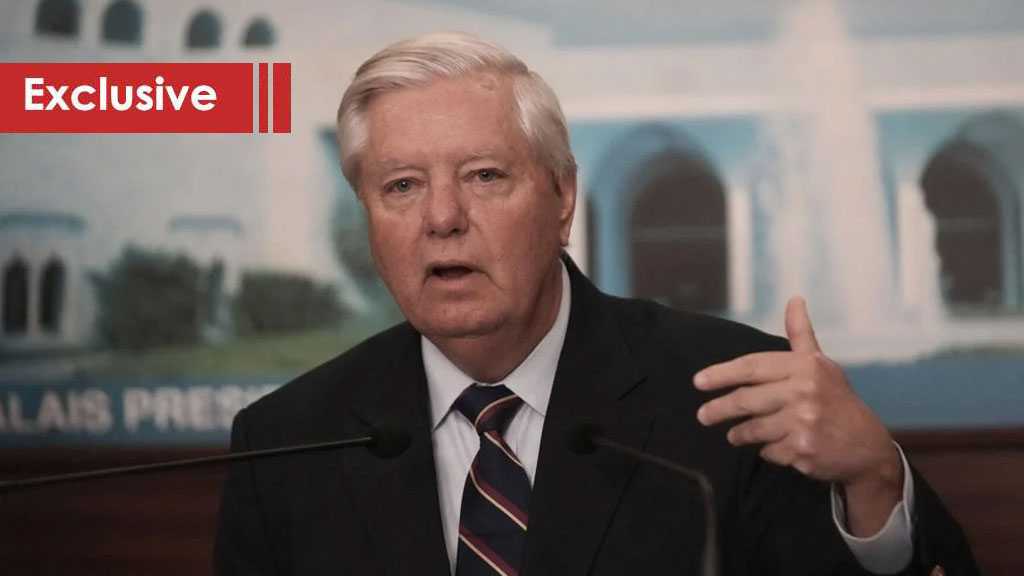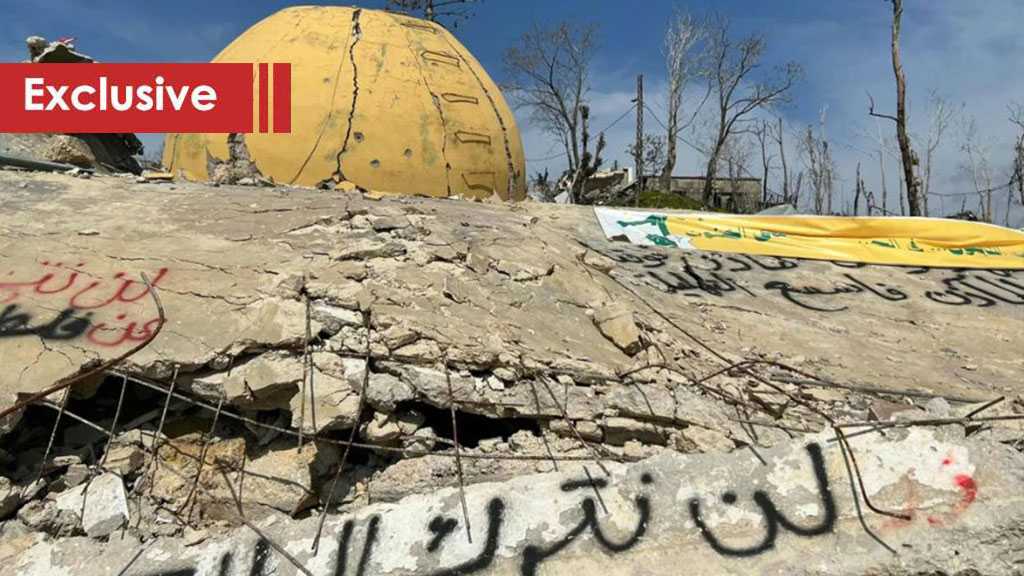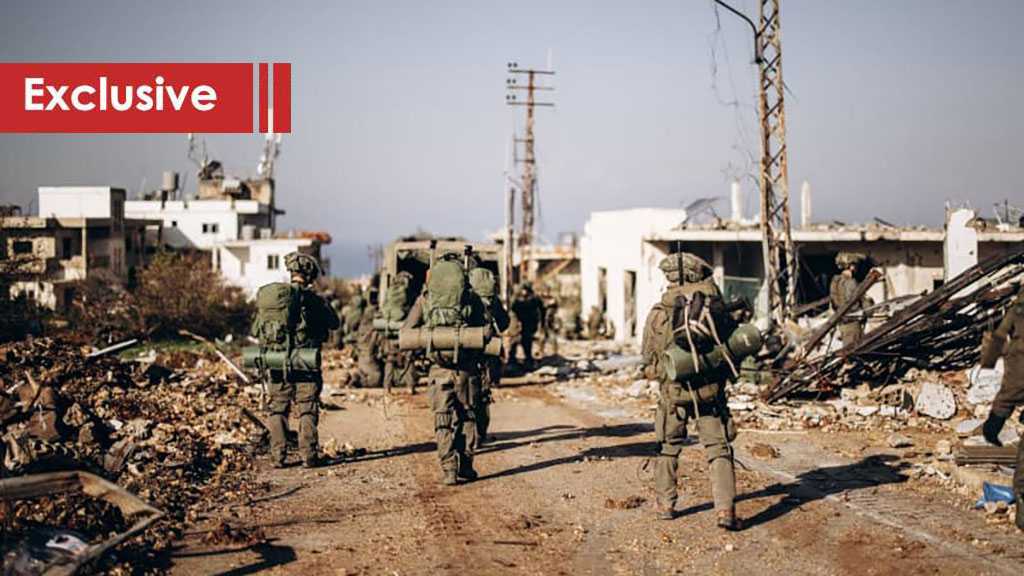Why Did Iran Choose the US Al Udeid Air Base in Qatar for Its Retaliation?

By Shibl Al-Ali
Not for a single moment did I doubt the inevitability of an Iranian response to the American aggression that targeted the nuclear facilities in Fordow, Natanz and Isfahan.
For any observer or follower of Iran’s policies since the victory of its revolution over 46 years ago, it is clear that the minimum threshold for an Iranian response must be proportional to the aggression it suffered — in scope, nature and deterrent impact.
Contrary to the many expectations, analyses and interpretations circulating in both official and alternative media about the nature of Iran’s anticipated response — with some even casting doubt on whether it would happen at all — Iran’s retaliation came in an unexpected form: targeting one of the most significant US military bases in the region. This meant that Iran directly responded to the aggressor state itself, rather than merely retaliating against the United States’ main ally — namely, the Zionist entity — despite the fact that it serves as a forward operating base for the US in the region. Iran chose to deliver a decisive and direct blow to those who carried out the attack on its nuclear facilities.
Moreover, Iran’s missile strike on the US Al Udeid Air Base in Qatar carried more than just a proportional response to the aggressor. There are dozens of American military bases spread across the region in countries surrounding Iran, all of which Iranian missiles and drones can easily reach — especially given that Iran’s missile capabilities, during this war, have shown significant advances in penetrating the world’s most sophisticated interception systems, as well as in precision and destructive capacity.
Yet Tehran specifically chose to target the Al Udeid base in Qatar. So, what messages can be interpreted from this choice?
First, the base’s military significance: Al Udeid Air Base serves as the forward headquarters for US Air Forces Central Command [AFCENT] and the region’s Combined Air Operations Center [CAOC]. In addition to the US Air Force, it is used by the British Royal Air Force [RAF] and the Qatari Emiri Air Force [QEAF]. It houses advanced command and control systems used to coordinate US air operations in West Asia [the Middle East] and can accommodate more than 100 aircraft simultaneously. Hitting it thus constitutes a major blow to American aerial capabilities in the region and significantly impairs Washington’s operational effectiveness.
Second, a message to US allies in the region: Hosting American bases has become a strategic liability. These bases cannot even defend themselves — so how can they protect you?
Third, a message to the Gulf states: The security of the Gulf, its peoples, and maritime routes is the responsibility of the littoral states themselves, not of foreign military forces whose presence now poses a real threat to the very countries they claim to protect.
Fourth, a message to Iran’s allies in the region: The resistance axis led by Iran remains firm despite all conspiracies. It still has the capacity to deter the world’s primary source of evil — the United States — as well as its regional instrument, “Israel,” and the submissive regimes orbiting around them.
In conclusion, the entire world has witnessed how a great nation — the Islamic Republic of Iran — stood alone with wisdom, strength and courage in the face of a vicious war waged by a criminal entity equipped with the most advanced weapons, including nuclear arms, and supported by the collective West and several regional regimes, both openly and covertly. Later, the United States directly intervened on its behalf. And yet, Iran achieved a legendary, historic victory — one whose geopolitical implications will shape the future world order, securing for Iran the role it has rightfully earned through the sacrifices of its people: a regional geopolitical pole and a central actor in redrawing the global map.




